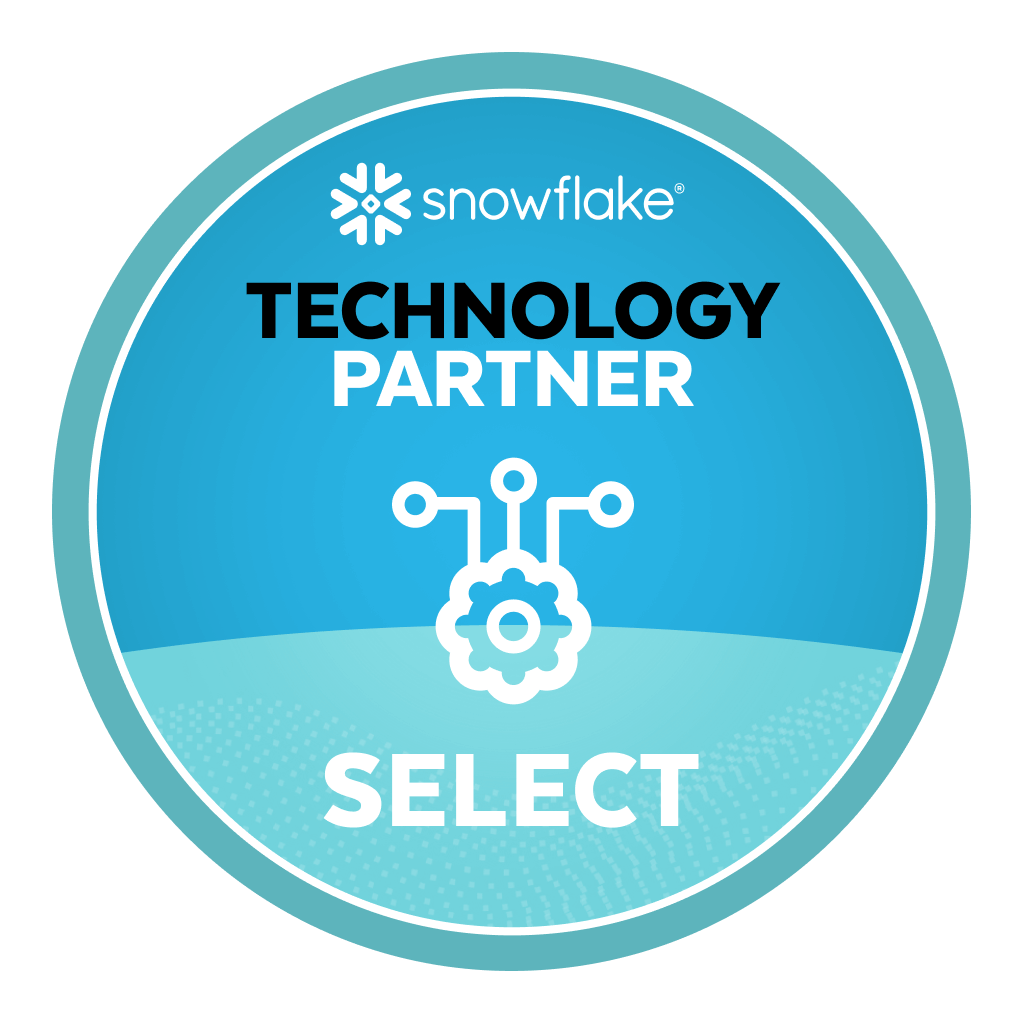[helpie_notices group_id=’437’/]
How do extensibility and scalability help to choose the right ETL service?
Extensibility and scalability are important factors that you must consider while choosing ETL services. As an enterprise expands, the probability of the ETL tool supporting new data sources will decrease. The ETL tool must be able to add more data sources and be compatible with the other third-party tools through webhooks or APIs.
Also, check for the downtime you may consider. Go through the Service Level Agreement (SLA) that describes the amount of uptime the ETL tool offers. The accurate data must reach the destination within the specified time frame. However, you must also consider other factors like customer support, pricing, etc., before choosing the correct ETL service.
What to test for in the ETL tool while trying it?
During your trial with the ETL tool, the first test for usability is done by adding destinations and sources and then, performing integrations. Check the integrations to understand their usability.
Next, check for synchronization. Find out if it is reliable to send the data extracted at the specified frequency. Also, find out if it can easily add or remove tables, rows, and columns.
Another essential fact to verify is whether you can retrieve the data at the destination on a particular schedule. Perform a few tests on some data sources and check the accuracy level of the tool.
Hence, the factors to be investigated while testing the ETL tool are usability, synchronization, scheduling and accuracy.
How to ensure safety concerning an ETL tool?
Security is vital for any system. For any pipeline of cloud-based data, you should keep the following factors in mind to ensure its security:
The system must have security controls that users can configure.
An API key management tool must be there.
Try to know whether the encryption of data by the vendor is done at motion and rest; otherwise, provisions for enabling encryption need to be present.
Check if HTTPS has been used for web-based data sources.
Verify the schedule to remove your data once it has reached the destination.
Find out the offers by the vendor concerning the integration of data sources and their destinations.
Verify if the tool uses Secure Shell (SSH) to ensure strong authentication and prevent malicious attacks.
What is the price of ETL tools?
Different ETL tools have different prices. The cost of ETL tools may depend on the amount of data that has undergone replication, the total number of data sources involved, or the number of users working with the help of the software. So, various ETL service providers come with different pricing plans and specify them on their official sites. Other ETL providers have provisions for customized plans to suit your needs. Try to choose an ETL service provider according to your requirements and check if it offers a free trial for new users. You may look for one with free replication from different data sources and historical data loads. Also, keep scalability in mind to know how your costs may vary if data increases.
What is Daton?
Daton is a cloud data pipeline which helps in simplifying the concept and usage of ETL tools.
ETL platforms aid companies in omitting the need to write ETL code and build data pipelines from the initial stage. Daton can simply be defined as a data pipeline that can populate several data warehouses, such as Bigquery, Snowflake, and Amazon Redshift, for quick and hassle-free analysis with the help of multiple data sources. There can be more than a hundred data sources involved.
The best part about Daton is that it is easy to set up, and there is no need to have any prior coding experience. Daton is one of the most budget-friendly data pipelines you can find in the market. It aims to meet the demands of the companies, and its low cost helps them to operationalize data. It is mainly developed for brands.




